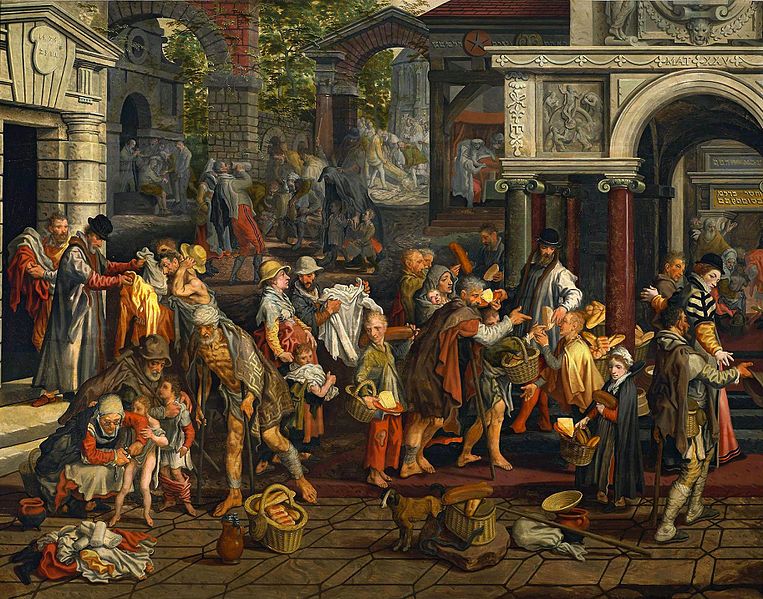It’s that time of year again when every store is fully stocked with over-the-top heart-shaped knickknacks, candy, and cards. If you are anything like my younger self, these gaudy reminders that “love is in the air” can bring about a sense of sadness and dread around Valentine’s Day (or as I like to call it “Singles Awareness Day”). I can remember becoming overwhelmed with feelings of inadequacy rooted in my desire to be loved that came around this time of year. These feelings led me to heap my shopping cart with chocolate and other temporal indulgences in an attempt to make myself feel better. Although my desire for these indulgences increased around Valentine’s Day, the disorder in my life which brought on my desire for them was actually present all year long. Valentine’s Day and life, in general, became bearable for me when I began practicing emotional virtue.
The Catechism defines virtue as “(a) habitual and firm disposition to do the good” (1). In other words, virtues are habits that allow us to live like God or in ways that are pleasing to Him. When we are well ordered we live in accordance with how God designed us to operate, and are oftentimes spiritually and physically healthier, as the two are closely interlinked. Virtue comes in different forms, but all of these forms are ordered towards God.
Understanding Emotional Virtue
While our emotions are morally neutral, we can do things to feed and shape them in positive and negative ways. While we often can’t control what makes us sad, we can control how we respond to sadness. Emotional Virtue requires us to stop and check our thoughts, focusing on the good and willing the good of all persons we encounter. We cannot fixate on ideas and fantasies that allow us to view a non-divine person or relationship status as a means of completely fulfilling our desire to be loved or validate our sense of self-worth. It requires that we look at someone and see them for their identity in Christ rather than how they can be of use to our self-esteem or emotional life. Emotional virtue is simply the action of ordering one’s emotional state towards the good through the application of the other virtues, most notably the Human Virtues (2).

A Virtue-Filled Life is a Healthier Life
Virtue is key to a healthy spiritual life. Because of the integration of mind, body, and soul, practicing virtue makes us healthier overall. The Catholic Church categorizes the virtues into 2 main groupings:
The Cardinal Virtues:
- Prudence
- Justice
- Fortitude
- Temperance
The Cardinal Virtues are the most important, as all other virtues stem from them (3). The Virtue of Temperance is perhaps the virtue that most clearly impacts both the physical and spiritual aspects of our bodies. It ensures that our physical drives and use of material goods are well ordered and moderated. The practice of temperance dictates we maintain a healthy diet and avoid excess. While this has direct effects on our daily lifestyle, including what we eat and drink, it also strengthens our will to choose God and virtue over comfort, which as Christians we are called to do throughout our lives. The second grouping is the theological virtues. These virtues form us to be in a relationship with God (4).
The Theological Virtues:
- Faith
- Hope
- Charity
Stress is perhaps the most common affliction in our society today. It affects one’s sleep, sexual drive, and even appetite which have clear impacts on bodily health. While many secular studies have shown that religious practice lowers stress, as Catholics we understand that through virtue and increased connection to Christ we can increase our openness to the graces of His peace and through this receive peace.
Charity is the culmination and fulfillment of all other Theological virtues. The fruits of charity are joy, peace, and mercy (5). By practicing the virtues and living in charity we literally bring ourselves joy and peace. This peace ultimately comes from the grace that living virtuous life opens our hearts and souls to.

Virtue: A Means of Perseverance
Because the mind, body, and soul are integrally linked, care for one affects the overall health of the other. The virtues we are called to live out as Catholics touch all aspects of the human person in a very tangible way and increase our overall health if lived out correctly. While some suffering is inevitable in this life, our quality of life is also deeply affected by our outlook. Growth in virtue ultimately allows us to bear our suffering with Christ and see the reality of its good for the eternal soul.
On this year’s “Single Awareness Day” or…Valentine’s Day, ask Christ to help you be grateful for the joy that others may experience in their relationships. Know you are not alone in whatever suffering may come as Christ is pulling you closer to Him through it.
If you are struggling today (or any day) with a particular virtue, make a game plan to grow in that virtue this coming Lent. Your health will definitely benefit from it!
References:
- Catechism of the Catholic Church 1803
- Catechism of the Catholic Church 1804
- Catechism of the Catholic Church 1805
- Catechism of the Catholic Church 1812
- Catechism of the Catholic Church 1829


